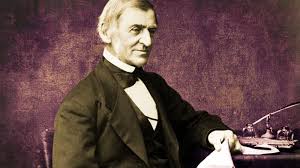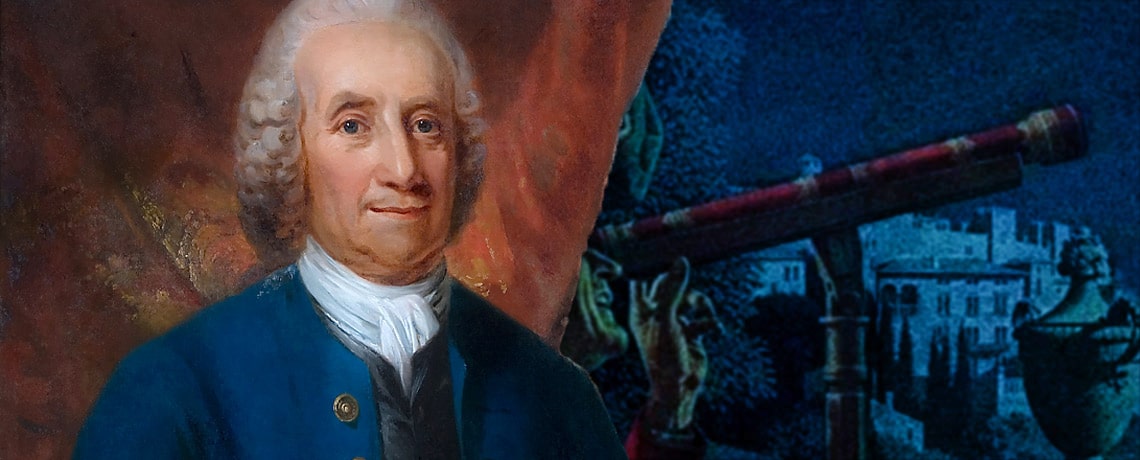|
“Live no longer to the expectation of these deceived and deceiving people with whom we converse. Say to them, O father, O mother, O wife, O brother, O friend, I have lived with you after appearances hitherto. Henceforward I am the truth's. Be it known unto you that henceforward I obey no law less than the eternal law. I will have no covenants but proximities. I shall endeavor to nourish my parents, to nourish my family, to be the chaste husband of one wife, - but these relations I must fill after a new and unprecedented way. I appeal from your customs. I must be myself. I cannot break myself any longer for you, or you. If you can love me for what I am, we shall be the happier. If you cannot, I will still seek to deserve that you should. I will not hide my tastes or aversions. I will so trust that what is deep is holy, that I will strongly believe before the sun and moon whatever inly rejoices me, and the heart appoints. If you are noble, I will love you; if you are not, I will not hurt you and myself by hypocritical attentions. If you are true, but not in the same truth with me, cleave to your companions; I will seek my own. I do this not selfishly, but humbly and truly. It is alike your interest, and mine, and all men's, however long we have dwelt in lies, to live in truth. Does this sound harsh to-day? You will soon love what is dictated by your nature as well as mine, and, if we follow the truth, it will bring us out safe at last. --- But so you may give these friends pain. Yes, but I cannot sell my liberty and my power, to save their sensibility.” "But are you sure you love me?" ...Nay, if they tell you their whole thought, they will own that love seems the last and highest gift of nature; there are persons whom in their hearts they daily thank for their existence--persons whose faces are perhaps unknown to them, but whose fame and spirit have penetrated their solitude--and for whose sake they wish to exist. To behold the beauty of another character, which inspires a new interest in our own; to behold beauty lodged in a human being, with such vivacity of apprehension that I am instantly forced home to think if I am not deformity itself; to behold in another the expression of a love so high that it assures itself--assures itself also to me against every possible casualty except my unworthiness; these are degrees on the scale of human happiness to which they have ascended; and it is a fidelity to this sentiment which has made common association distasteful to them. They wish a even and justful fellowship, or none.They can not gossip with you, and they do not wish, as they are sincere and religious, to gratify any curiosity which you may entertain. Like fairies, they do not wish to be spoken of. Love me, they say, but do not ask who is my cousin and my uncle. If you do not need to hear my thought, because you can read it in my face and my behaviour, then I will tell it to you from sunrise to sunset. If you can not divine it, you would not understand what I say. I will not molest myself for you. I do not wish to be profaned. -The Transcendentalist, by Waldo Ralph Emerson People who influenced Ralph Waldo Emerson“A colossal soul, he lies vast abroad on his times, uncomprehended by them, and requires a long focal distance to be seen.” Emanuel Swedenborg born Emanuel Swedberg; 29 January 1688– 29 March 1772) was a Swedish Lutheran theologian, scientist, philosopher and mystic. He is best known for his book on the afterlife, Heaven and Hell (1758).
Swedenborg had a prolific career as an inventor and scientist. In 1741, at 53, he entered into a spiritual phase in which he began to experience dreams and visions, beginning on Easter Weekend, on 6 April 1744. It culminated in a 'spiritual awakening' in which he received a revelation that he was appointed by the Lord Jesus Christ to write The Heavenly Doctrine to reform Christianity. According to The Heavenly Doctrine, the Lord had opened Swedenborg's spiritual eyes so that from then on, he could freely visit heaven and hell to converse with angels, demons and other spirits and the Last Judgment had already occurred the year before, in 1757.
0 Comments
Leave a Reply. |
Categories
All
Archives
December 2023
|

